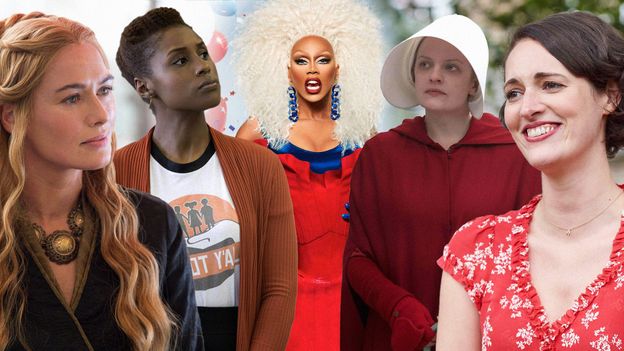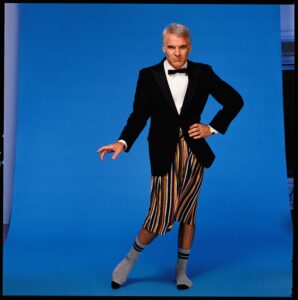TV series that define the 21st Century


Black Mirror
Black Mirror has become a worldwide cultural phenomenon in an era dominated by binge-watchable serial dramas; no small feat for an anthology show defined by themes rather than continuing story arcs. The thought-provoking, speculative plots of Charlie Brooker’s creation, alongside terrific performances, have made the show a byword for the anxieties related to technological progress, and underlining the show is the ever-present question: “have we gone too far?”. However, the real monsters in Black Mirror tend to be not machines but humans, finding new tools to abuse other humans. Despite some uneven quality in the later seasons, Black Mirror has truly captured the zeitgeist when it comes to our fears about the present and the future.
José Gonzalez Vargas, freelance TV journalist (Spain)
Small Axe
Steve McQueen’s anthology series about the struggles and celebrations within London’s West Indian community between 1962 and 1981 was long overdue, but arrived in late 2020 as a sensory, respectfully-crafted historical study. The feature-length chapters draw on both known and unknown identities of the time, from Frank Crichlow, whose restaurant The Mangrove was subjected to racially-motivated police raids and lead to a landmark court case, to the dancefloor inhabitants of a hazy, heady West London house party, whose night culminates in a euphoric rendition of Janet Kay’s Silly Games. McQueen is a master of tone and detail, and through his singular vision ensures that both triumph and tragedy are shown throughout, while working with music supervisor Ed Bailie and his co-creators to fill the anthology with a peerless soundtrack. Through this meticulous work, the filmmaker has created something incendiary.
Beth Webb, TV journalist, Empire, Pilot TV, NME (UK)
Call My Agent!
The brilliant French TV series Call My Agent! is the perfect fusion of film-industry glamour with the lives of the passionate agents, hard at work behind the scenes. These agents genuinely care about their clients and their projects, which is precisely why the series stands out. Along with this is the fact that the clients, who are some of France’s top actors, are willingly self-satirising, fully espousing their reputation and propelling it to ridiculous extremes. The wit here is not referential, but rather based on situations and characters, which is why the series transcends boundaries with such ease. Its influence is reflected in the multiple remakes that are sprouting up around the globe. Eschewing cynicism, it adroitly balances critical humour, unfortunate misconceptions and slapstick – and it being a product of France – there is farce too. This is a rare and ebullient concoction that is an ardent love letter to cinema and its industry.
Tara Karajica, TV and film journalist, Fade to Her (Serbia)
Read more about BBC Culture’s 100 greatest TV series of the 21st Century:
– How the way we watch TV has changed
– The 100 greatest TV series of the 21st Century
– What makes The Wire such a great number one
– Why I May Destroy You is the future of TV
How many of these series have you seen? Let us know using the hashtag #TVOfTheCentury on our Facebook page or message us on Twitter.
Love film and TV? Join BBC Culture Film and TV Club on Facebook, a community for cinephiles all over the world.
And if you liked this story, sign up for the weekly bbc.com features newsletter, called The Essential List. A handpicked selection of stories from BBC Future, Culture, Worklife and Travel, delivered to your inbox every Friday.














